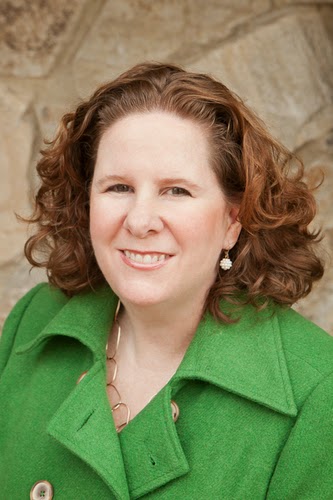A. I can empathize since I receive frequent requests from near and far. It sounds like your world and my world have some similarities. Time is money and time is precious. However, I do believe in giving back so I try to respond to reasonable requests. It also sounds like networking helped you land your current job.
Here are some tips that I have used:
- Carve out a short period of time on the phone, maybe 15 minutes or so. The travel to all of these networking appointments can eat up a significant part of your day.
- Connect on Linkedin.
- I usually commit 1-2 hours to networking requests each week. Often times people will get angry since I cannot work with their schedules. My availability for networking requests are often at 7:30am before my work day starts. Some job seekers are frustrated by the times I have available. In some rare instances, I offer an early Saturday morning call or Sunday evening call, but, like you, I would prefer to spend that time re-charging my batteries.
Pattie Hunt Sinacole is a human resources expert and works for First Beacon Group in Hopkinton, an HR consulting firm. She contributes weekly to Boston.com Jobs and the Boston Sunday Globe Money & Careers section. Click here to read about more employment topics in The Job Doc Blog at Boston.com.





